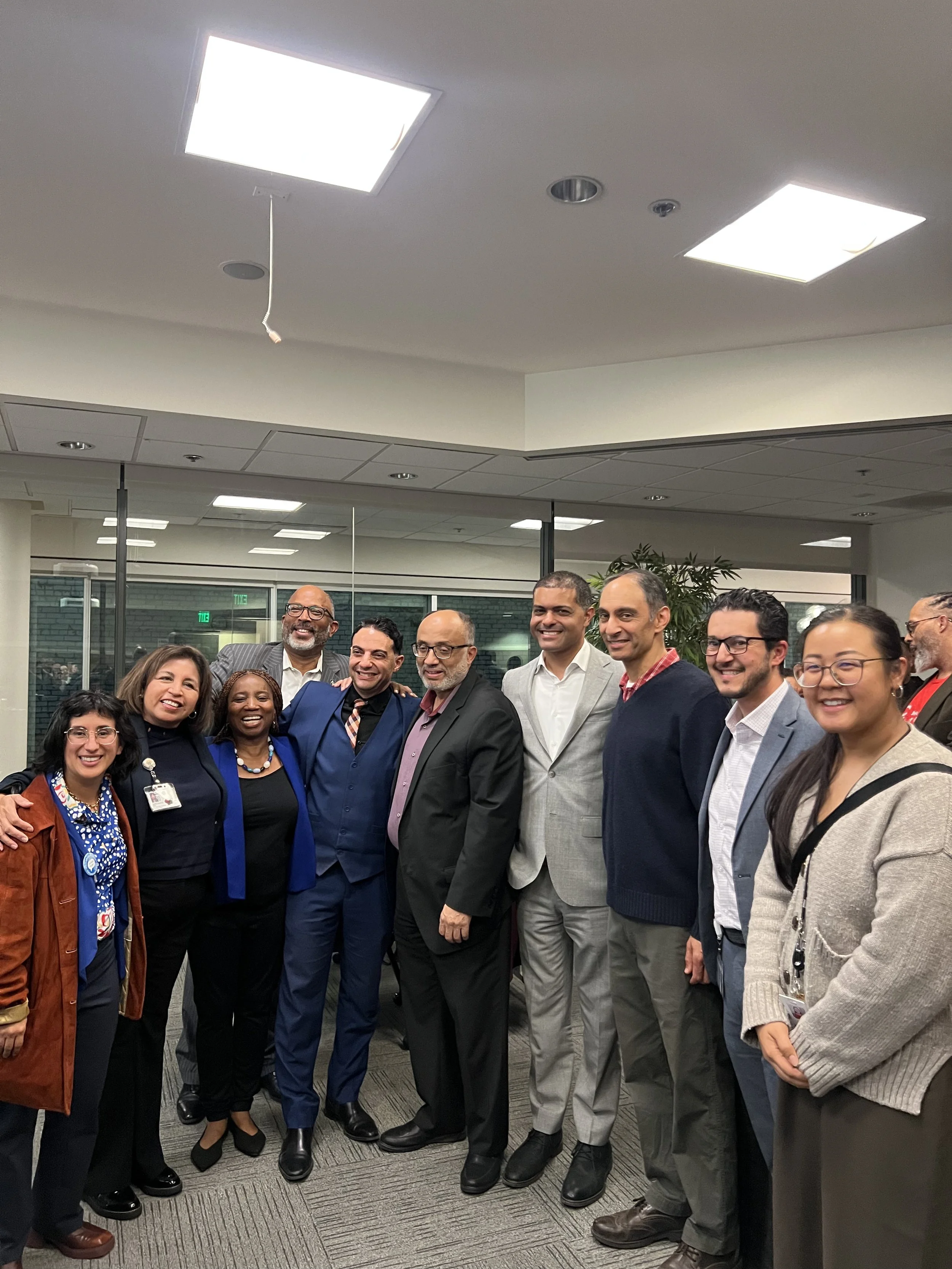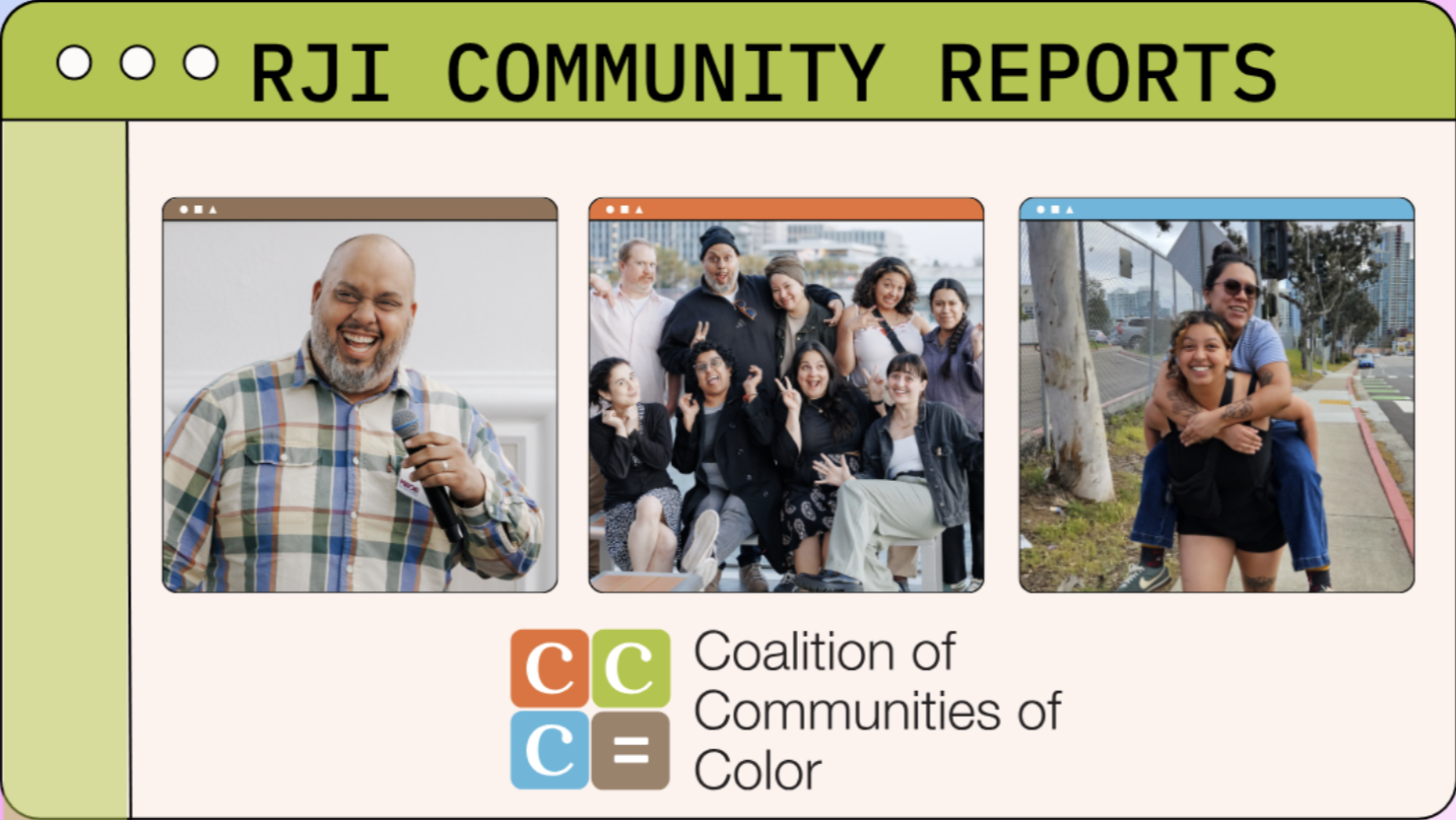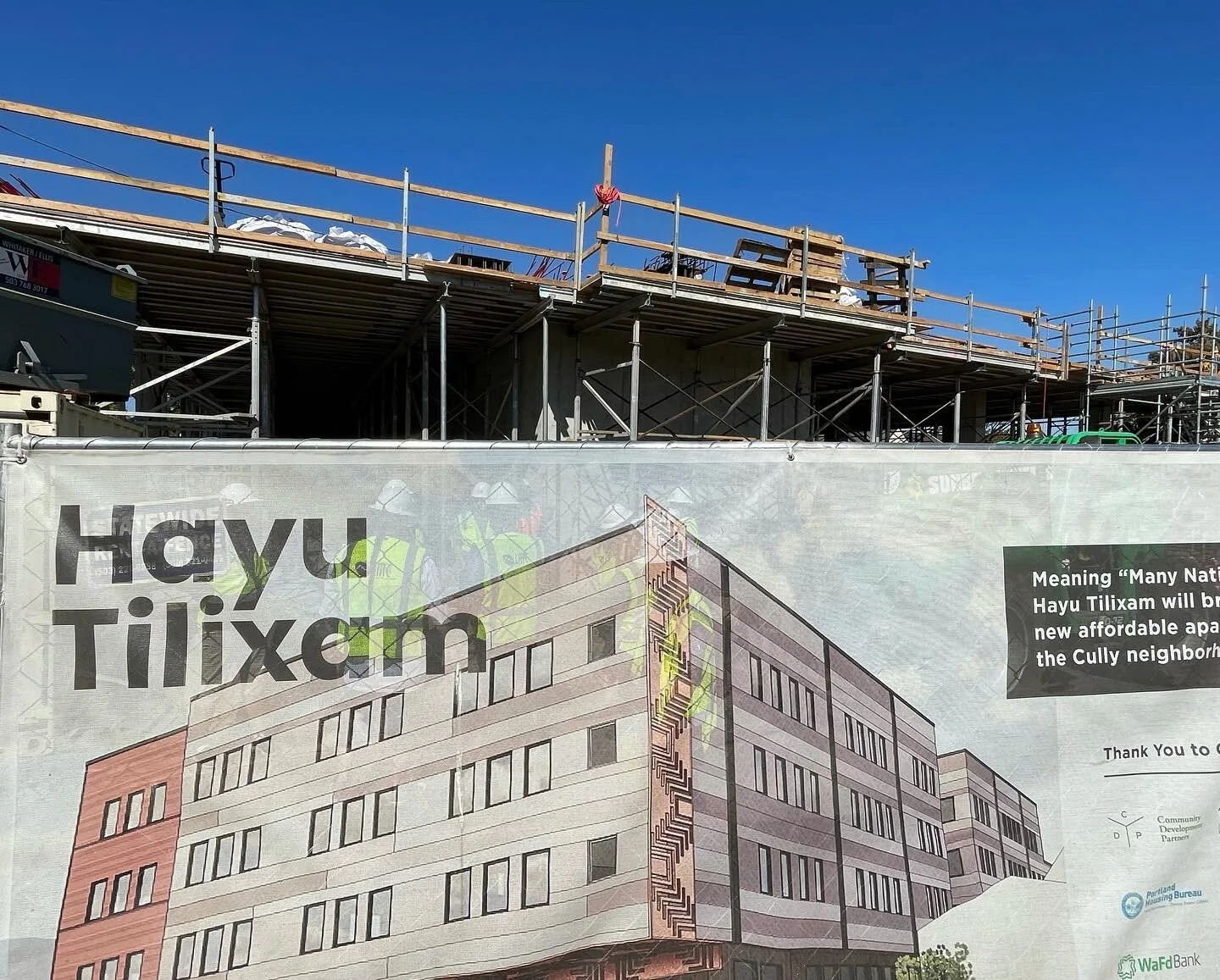CONTACT:
Damon Motz-Storey, damon@oregonpsr.org, 303-913-5634 (text, Signal, call)
Oregon Passes Groundbreaking Legislation Requiring 100% Clean Electricity by 2040
Rural and community of color-led environmental justice organizations bring labor, clean energy developers, climate and environmental groups, and regulated utilities together to pass historic legislation propelling responsible clean energy development, job creation, and climate action.
[SALEM, OR] -- On Oregon’s hottest day in recorded history, the Oregon Senate passed an ambitious bill to transition the state’s electricity to 100% clean energy by 2040 while centering benefits for communities of color and rural, coastal, and low-income communities and workers. The 100% Clean Energy for All bill (House Bill 2021) passed with 16-12 votes. With the passage of this bill, Oregon will have the fastest timeline to eliminate greenhouse gas emissions from the electric sector in the United States.
"100% Clean Energy for All is an exciting, ambitious, and achievable policy grounded in justice for communities who have been historically harmed the most by our energy systems," said Nikita Daryanani, Climate & Energy Policy Manager at the Coalition of Communities of Color in Portland. "We were proud to be a part of convening key stakeholders from so many sectors to reach consensus on this bill. Now, as a result, Oregonians in every part of the state can see major benefits from more clean energy, such as good-quality jobs, community ownership of disaster-resilient solar projects, and less air pollution. We have adopted the fastest clean electricity timeline of any U.S. state with standard-setting opportunities and benefits for workers and the nation’s first ban on new or expanded fossil fuel power plants."
The bill, which was chief-sponsored by Representative Pam Marsh (D-Ashland) Representative Khanh Pham (D-Portland) and sponsored by a long list of state representatives and senators, will invest $50 million into community-based renewable energy projects to boost community-owned and developed clean energy projects across Oregon, including disaster-resilient solar plus battery and microgrid projects to sustain access to electricity during extreme weather events. HB 2021 was run as a package with the successful Energy Affordability Act (HB 2475) which creates a low-income rate for energy consumers in Oregon passed earlier this session and the Healthy Homes Act (HB 2842) which invests $10 million for low-income home upgrades that reduce energy and improve health outcomes and is expected to pass later today.
The 100% Clean Energy for All bill requires the utilities to establish community benefits and impacts advisory panels, ensures clean energy job training opportunities are maximized for communities of color, rural communities, and low-income communities in Oregon, caps any energy cost increases to ratepayers at no more than 6%, and requires consultation with Federally-Recognized Tribes for clean energy development that could impact their cultural and natural resources.
"100% Clean Energy for All is a huge step forward for environmental justice in Oregon," said Candace Avalos, Executive Director of Verde, an environmental justice nonprofit based in the Cully neighborhood of Northeast Portland. "Verde works to build environmental wealth and opportunities for Black, Indigenous, people of color, and low-income communities in Portland. With this bill, we're seeding clean energy opportunities statewide for Oregonians on the front lines of the climate crisis."
“We hustled side by side with Oregonians from all across the state and made sure their voices were heard. Unity gave us the strength to get this environmental justice victory.” said Joel Iboa, Executive Director of the Oregon Just Transition Alliance, a coalition of environmental justice organizations who launched the campaign to pass HB 2021. “Our communities across Oregon told us the truth in the middle of the pandemic. Our energy policies currently do not serve the needs of Black, Indigenous, people of color, rural, low-income communities, and people with disabilities. When we organize as a collective, when we let our community speak for themselves, we win.”
"The Affiliated Tribes of the Northwest Indians is thrilled to see the passage of House Bill 2021, the 100% Clean Energy for All bill," said Don Sampson, Climate Change Project Director for the Affiliated Tribes of the Northwest Indians and Chief of the Walla Walla Tribe (Confederated Tribes of the Umatilla Indian Reservation). "Oregon is leading the way by ensuring Tribes receive the benefits of clean energy projects and including requirements for Tribal consultation on clean energy projects that could impact sites of archeological, traditional, cultural and religious importance. This legislation is significant because it helps safeguard our land and water even as we take action to prevent climate change."
HB 2021 also requires that new jobs in clean energy projects greater than 10 megawatts in power output be held to comprehensive responsible workforce and contractor standards.
"Oregon's essential farmworkers and our communities are still recovering from the impacts of COVID-19 and last summer's wildfires, and already drought and heat waves fueled by climate change are here," said Reyna Lopez, Executive Director of PCUN (Pineros y Campesinos Unidos del Noreste), a farmworker union in Woodburn, Oregon. "This 100% Clean Energy for All bill will invest in disaster-resilient community energy projects, support apprenticeships for women, BIPOC, veterans, and people with disabilities, and ensure good wages, benefits, and job training opportunities as Oregon transitions to clean energy. We are thrilled to see HB 2021 head to Governor Brown's desk and are proud to have organized alongside our partners in the Oregon Just Transition Alliance to achieve this victory."
"House Bill 2021 is going to help Lake County build upon our growing renewable industry, create good-quality job opportunities, and expand resources for self-contained, locally-owned energy projects," said Nick Johnson, Executive Director of Lake County Resources Initiative, a Lakeview, OR-based non-profit that supports renewable energy development. "This bill has been well-constructed to support taking full advantage of Oregon's ample renewable energy resources. We know from experience how transformative these energy projects can be, especially for rural Oregon."
Along with one of the fastest timelines for emissions free energy in the country, the bill also makes Oregon the first U.S. state to ban new development or expansions of fossil fuel power plants in the state.
"100% Clean Energy for All is an essential piece of environmental justice policy for Oregon," said Ana Molina, the Statewide Environmental Justice Manager for Beyond Toxics. "Not only will this bill support members of our community who most need jobs and disaster-resilient energy projects, it will also reduce the burden of pollution in communities living near fossil fuel power plants. We are looking forward to continuing to work with our coalition partners to ensure that the needs of rural, coastal, low-income, and Black, Indigenous, and people of color communities are kept central as we make this transition."
“So many people from all parts of Oregon worked incredibly hard to make 100% Clean Energy for All happen,” said Alessandra de la Torre, who works as an Energy Justice Organizer with Rogue Climate in Southern Oregon. “Last year, Rogue Climate held community meetings in Coos, Klamath, and Jackson Counties to learn what our rural communities want to see in a transition to clean energy. We heard people want community-based energy projects that create good local jobs and affordable energy. HB 2021 is a strong step forward in that direction. In Southern Oregon, we are still rebuilding from last year’s destructive, climate-fueled fires while also bracing for an extremely hot and dry summer, so our communities also know that the clean energy transition has to happen with the urgency that the climate crisis demands.”
"We know that climate change and pollution are disproportionately impacting our Black, Indigenous, Latinx, Asian, and Pacific Islander communities. Therefore, the best solutions are the ones led by our communities, for our communities," said Eric Richardson, President of the NAACP Eugene-Springfield (Unit #1119). "That's why we are celebrating a 100% clean electricity standard that tackles climate change and fossil fuel pollution while uplifting Black, Indigenous, and people of color (BIPOC) communities to receive the benefits of clean energy and jobs. It's thanks to the organizing of BIPOC Oregonians across the state that this justice-based bill has succeeded."
###
House Bill 2021 (100% Clean Energy for All) was one of three bills supported by the Oregon Clean Energy Opportunity campaign, whose leadership consists of rural- and BIPOC-led environmental justice groups convened by the Oregon Just Transition Alliance and its members.
Organizations who support HB 2021 include:
Organizations Representing Environmental Justice Communities:
Utilities
Labor:
Grassroots Climate & Environmental Groups:
Renewable Energy, Energy Efficiency, and Ratepayer Advocates:
Climate, Environmental, and Conservation Organizations:
Community-Based Groups:
Cities and Counties:
Businesses:

















